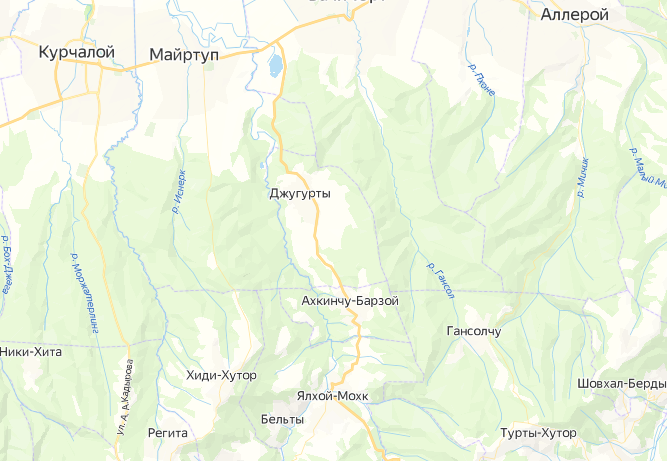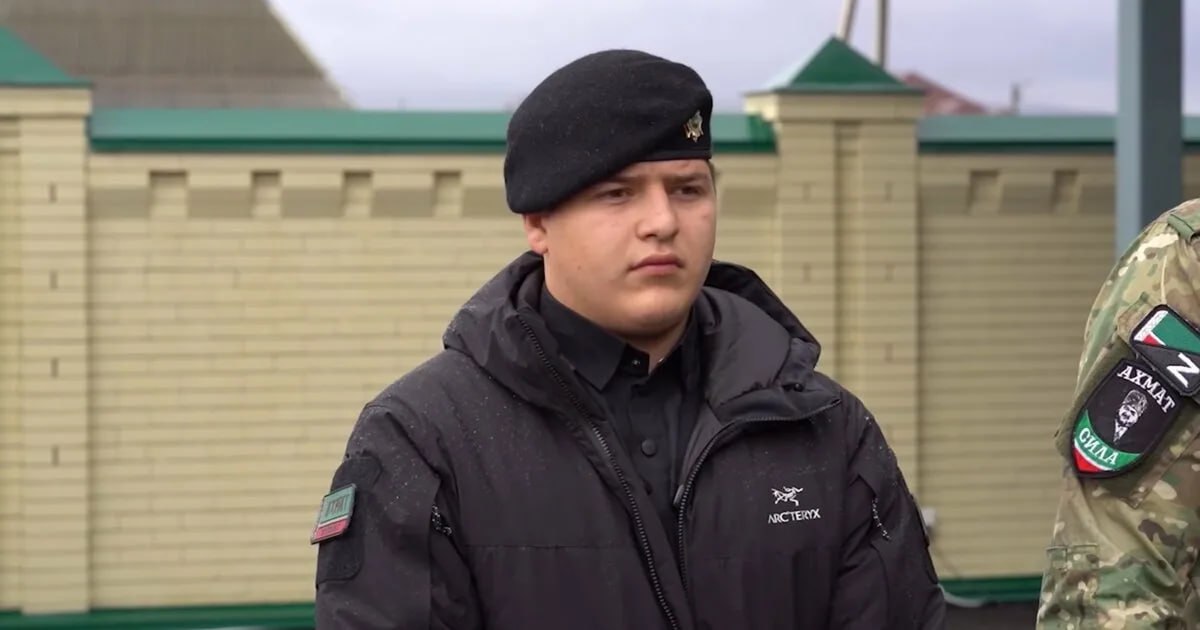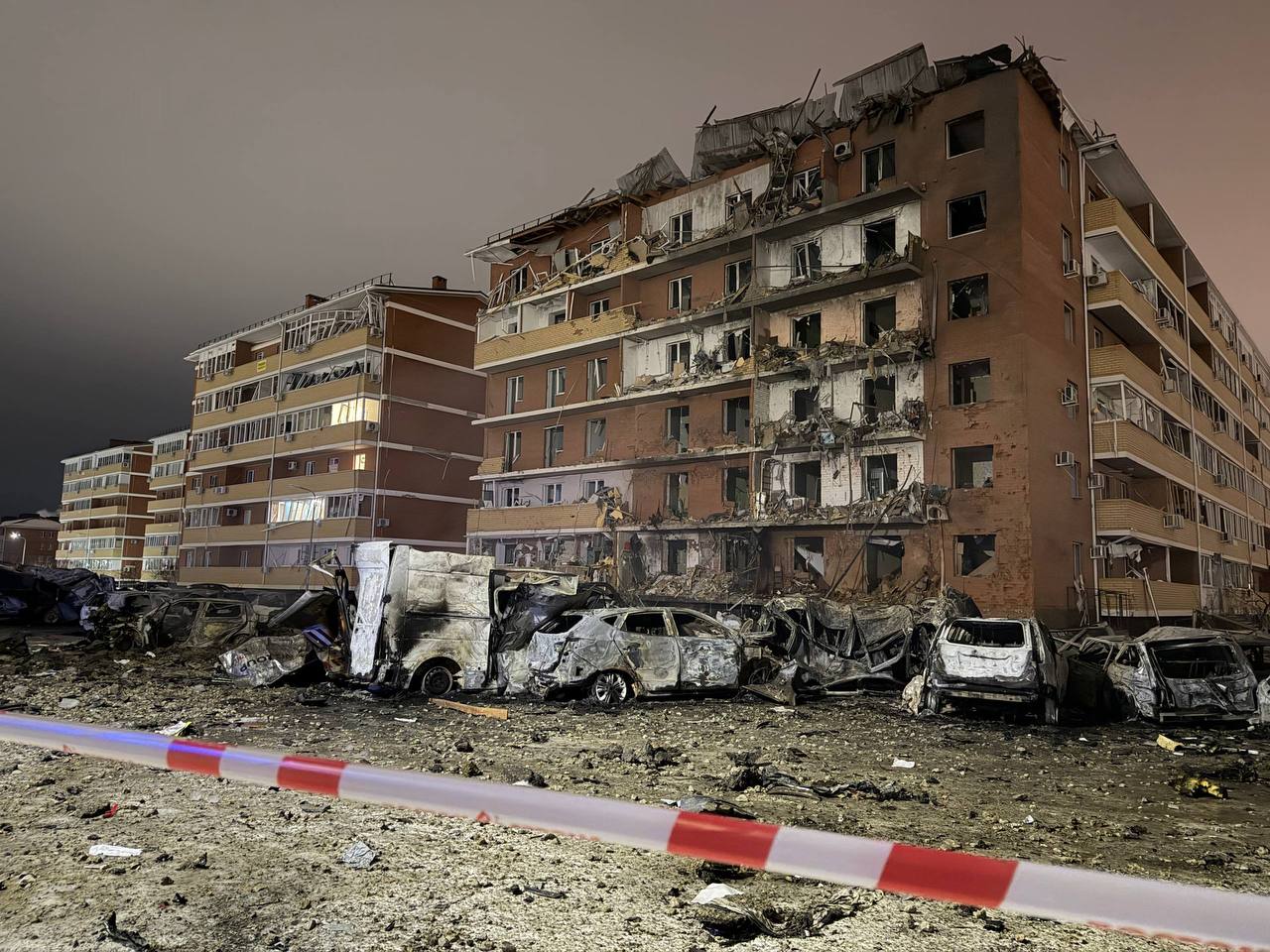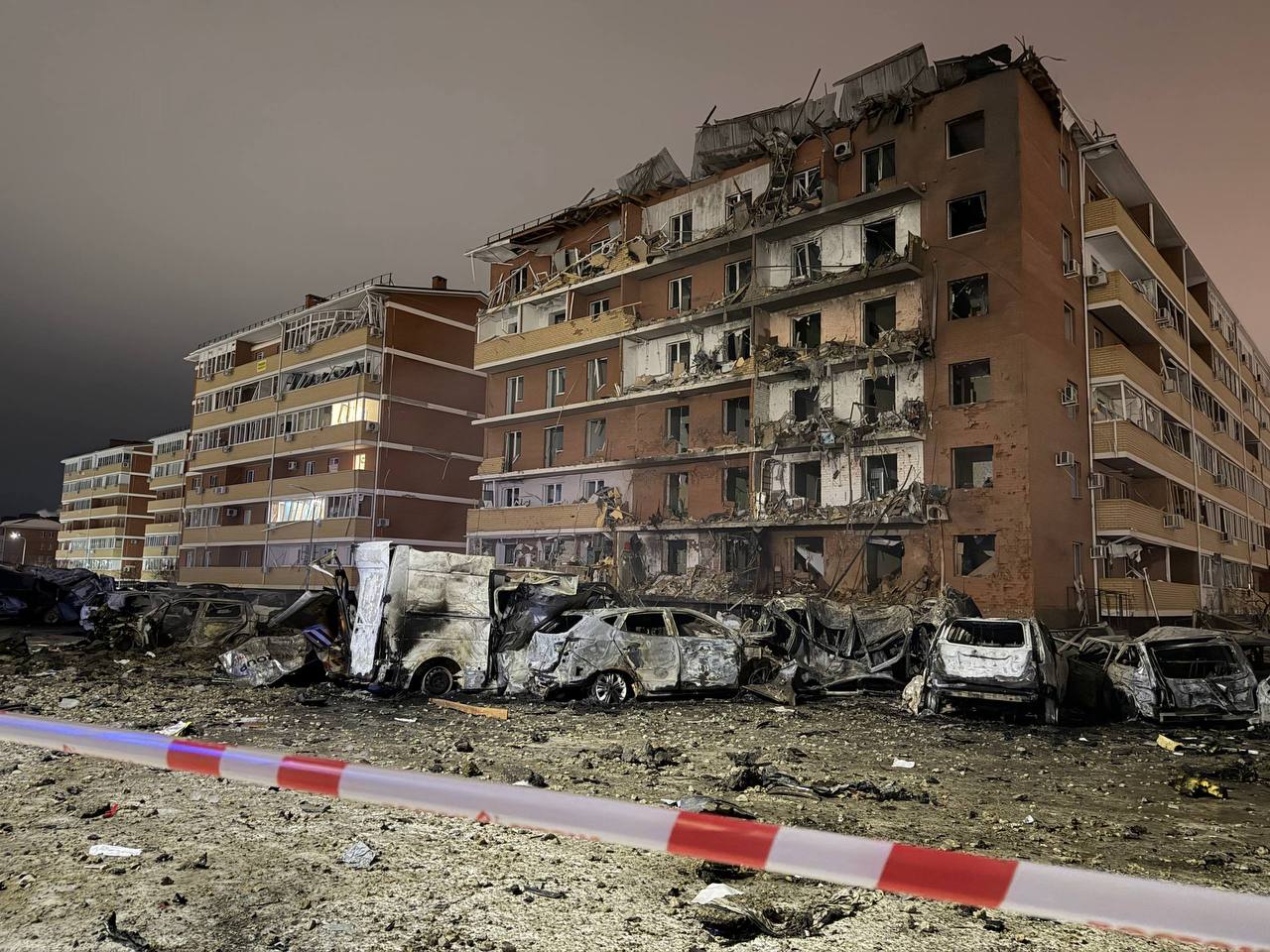The health of Adam Kadyrov, the son of Chechen leader Adam Kadyrov, who was injured in a traffic accident in Grozny, is improving, according to the Agency, citing sources close to the Russian presidential administration and the Chechen authorities.

November 21, 2001
***
At 7.30 in Grozny, not far from a furniture factory on B. Khmelnitsky Street, an explosion was heard. As it turned out later, sappers discovered and detonated a landmine.
Then an ambush was set up at this place. An hour later, two furniture factory workers were hit. They knew nothing about the explosion and, as usual in the morning, entered their workshop. The military captured them, twisted and tied their hands and, according to preliminary information that had not been fully verified, took them to the temporary detention center of the Leninsky district of Grozny. Human Rights Center “Memorial” does not have information about the further fate of these people.
***
At 9.20 in Grozny, starting from the 9th line, the territory of the village of Katayama was cordoned off by armored personnel carriers. On every street there was at least one combat vehicle. Along with the military, police officers, possibly officers of the Staropromyslovsky District VOVD, took part in the operation. They did not introduce themselves, although they stopped buses and cars, dropped people off and checked their documents.
During the operation, two young men were detained. One of them, Aslambek Bazurkaev, had Moscow registration. At the beginning of the second war, he and his family lived with his aunt in Moscow and, in order not to complicate his relationship with the capital’s police, he registered there. The second one (his name and surname of the Memorial Human Rights Center are unknown) had a temporary certificate instead of a passport. Thanks to the intervention of the women, the detainees were not taken anywhere.
In the area of the Grozneftyanaya stop, military personnel involved in the “cleansing” operation broke open the doors of empty apartments and robbed them. Some apartments were set on fire and fired from grenade launchers.
***
On November 21 and 22, the military carried out a “cleansing operation” in the village of Kurchaloy. Local residents claim that it can be classified as tough. The Khasukhanovs suffered the most. The military surrounded the block in which this family lived, and until they left, they did not let anyone through the cordon. Having broken into the house (Kurchaloevskaya St., 68), they conducted a search, and then took with them Aslan Saidovich Khasukhanov, born in 1970, and Ramzan Saidovich Khasukhanov, born in 1961. Another member of this family, Khasmagomed Khasukhanov, was killed.
The military set the house on fire, but before that, as eyewitnesses testify, they took out things of at least some value from it. They did the same in the neighboring residential buildings.
The interest in this family was apparently due to the participation of one of its members in the first war (1994-1996), but at the time of the “cleansing” his house was not there.
The detainees were placed in the Kurchaloevskaya commandant's office and were subjected to torture there. They were in terrible conditions: concrete floors, cells without heating. They were released after 17 days for a cash ransom. In addition, two machine guns were given to the military - one for each of the brothers. Aslan and Ramzan Khasukhanov caught a cold, which is why they were forced to undergo treatment for a long time. Fellow villagers witnessed the abduction.
The abduction was carried out by servicemen of the Kurchaloevskaya commandant's office and, possibly, FSB officers. They beat brothers and members of their family, and committed rough acts against children. The kidnappers were in camouflage uniforms, but without masks. No documents were presented. They arrived in two armored personnel carriers and a Ural vehicle, license plates unknown.
After his release, Aslan Khasukhanov left the republic and did not return home for a year. Ramzan Khasukhanov remained and was detained again on December 21, 2001. This time he was released faster, after just three days. He also decided to leave Chechnya.
***
A “cleansing” began in the villages of Gansolchu and Khidi-Khutor, which lasted two days. On the very first day, 33 local residents were taken away from Gansolchu by the Russian military. Among them were several schoolchildren and a 70-year-old man. On the outskirts of the village, they put everyone on the ground face down and, supposedly counting them, they began to walk on their backs. They beat us with thick sticks cut from a thorny tree or bush. 13 people were then kept in a paddy wagon for about a day. One of them had already been wounded by the Russian military in the head and leg, but, like the others, due to the cramped conditions he was unable to sit down and had to stand. His fellow villagers supported him, but could not provide any other help. The detainees were beaten. After their release, two ended up in the Gudermes hospital, and five in the Nozhai-Yurt hospital.
In Khidi-Khutor, the military captured 63 people, including old people. They were taken to the outskirts of neighboring Akhkinchu-Borzoi and kept there for two days. In this village, the “cleansing” was accompanied by mass robberies. The military took things and food stored for the winter out of the houses, and in the houses where the elderly were located they looked for money left for funerals. First of all, they looked for white fabric (used to make shrouds), apparently knowing that the money was kept in it. The military took out the money, and rendered the fabric itself unusable - they tore it or simply trampled it under dirty shoes. Things that could not be taken away were destroyed. Even the baby's cradle was broken.
During the operation, the car of the former chief engineer of the DRSU Nunaev was blown up. He himself died on December 29, 1999 during shelling from a Russian helicopter. The military did not like that the car had not been re-registered.
The servicemen shocked local residents. They cut huge pieces of meat from living animals - cows and bulls - and loaded them into their cars.
When, having completed the operation, the military retreated to the plain, residents of the affected villages complained to the commandant of the Nozhai-Yurt district. They asked him for protection, telling him about the military’s promise to return by December 10th. He was outraged by what he heard, saying that he knew nothing about the “cleansing”, and gave his word not to allow any more arbitrariness in the territory entrusted to him.
From the book “People Live Here”, Usam Baysaev, Dmitry Grushkin, 2006.



